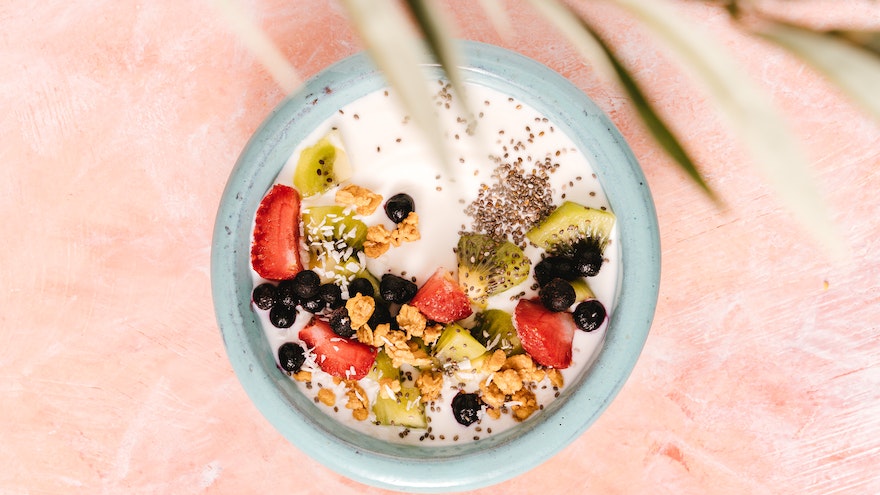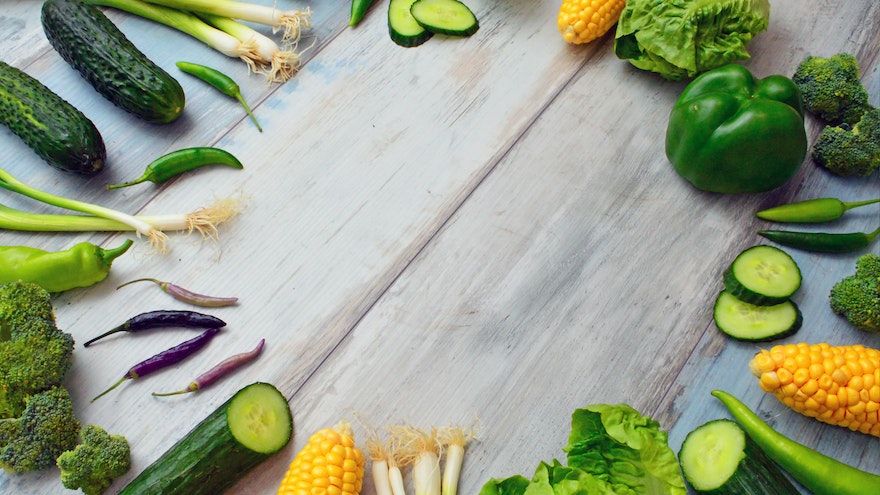A gut health diet plan can be an effective way to improve your overall health and well-being. The gut is home to a diverse community of microorganisms, collectively known as the microbiome, which play a crucial role in supporting the body’s immune system, metabolism, and overall health.
A healthy gut microbiome is essential for maintaining a healthy gut, and a healthy gut is crucial for maintaining a healthy body. However, poor diet and lifestyle choices can disrupt the delicate balance of the gut microbiome, leading to a range of health problems.
In this article, we’ll explore the benefits of a gut health diet plan and provide some practical tips for incorporating gut-friendly foods into your diet.
Why is a Gut Health Diet Important?
The gut microbiome plays a crucial role in maintaining good health. It helps to digest and absorb nutrients, supports the immune system, and plays a role in regulating metabolism. An imbalanced gut microbiome has been linked to a range of health problems, including digestive disorders, autoimmune diseases, and even mental health issues.
What are the Key Components of a Gut Health Diet Plan?
A gut health diet plan should focus on nourishing the gut microbiome with a diverse range of prebiotics, probiotics, and fermented foods. Prebiotics are non-digestible fibers that serve as food for the beneficial bacteria in the gut. Probiotics are live bacteria and yeasts that are similar to the beneficial microorganisms found in the human gut. Fermented foods are rich in probiotics and can help to support the growth of beneficial bacteria in the gut.
Some examples of gut-friendly foods include:
- Leafy green vegetables
- Cruciferous vegetables (broccoli, cauliflower, cabbage, etc.)
- Fermented foods (yogurt, kefir, sauerkraut, etc.)
- Fruits (apples, bananas, berries, etc.)
- Whole grains
- Nuts and seeds
- Legumes (beans, lentils, chickpeas, etc.)
Eating a diverse range of these foods can help to support the growth of a healthy gut microbiome and improve overall health.

Tips for Incorporating Gut-Friendly Foods into Your Diet
- Make vegetables the cornerstone of your meals. Aim for at least two cups of non-starchy vegetables per day. These can be enjoyed raw, steamed, roasted, or sautéed.
- Include fermented foods in your diet. Fermented foods are rich in probiotics and can help to support the growth of beneficial bacteria in the gut. Some examples of fermented foods include yogurt, kefir, sauerkraut, kimchi, and kombucha.
- Choose whole grains over refined grains. Whole grains are rich in fiber and other nutrients that support gut health. Examples of whole grains include oats, quinoa, brown rice, and barley.
- Incorporate healthy fats into your diet. Healthy fats, such as those found in avocado, nuts, and seeds, can support gut health and improve the absorption of fat-soluble vitamins.
- Avoid processed and high-sugar foods. Processed foods and foods high in added sugars can disrupt the balance of the gut microbiome and contribute to inflammation.
You May Also Like:
By incorporating these tips into your daily routine, you can support a healthy gut microbiome and improve your overall health.
To learn more about gut health and how to support a healthy gut microbiome, download our free gut health guide and try a free 3-day supply of our probiotic green juice called Life Greens. Our green juice is packed with prebiotics, probiotics, and fermented foods to support a healthy gut and improve overall health. Give it a try today and see the difference it can make.


